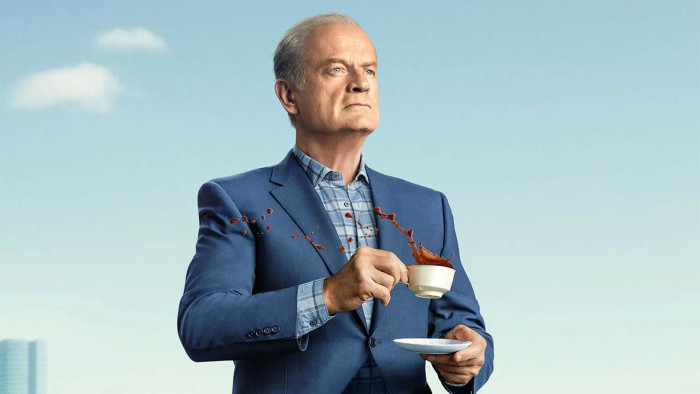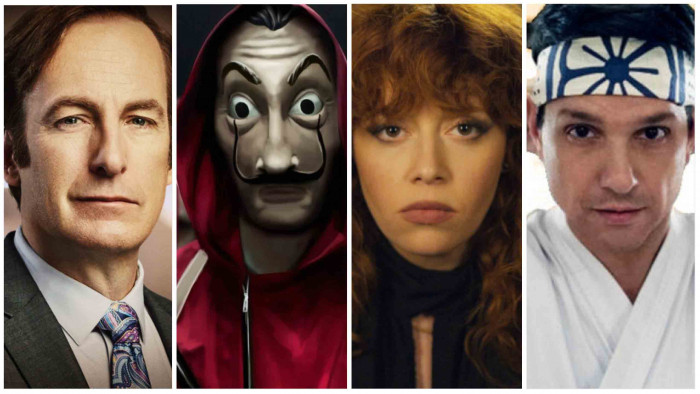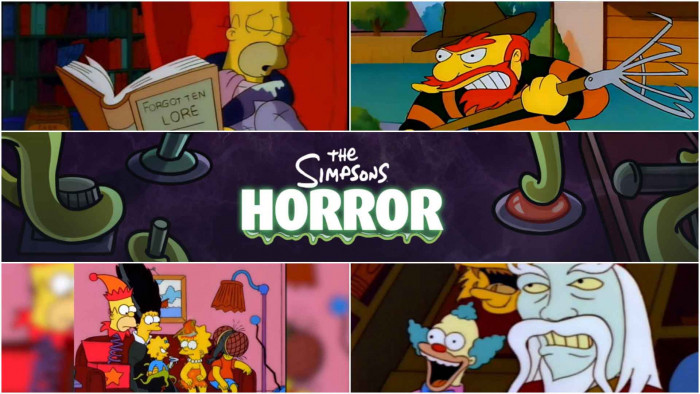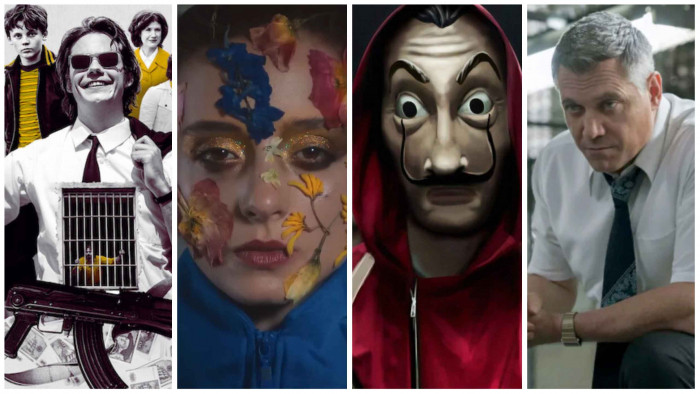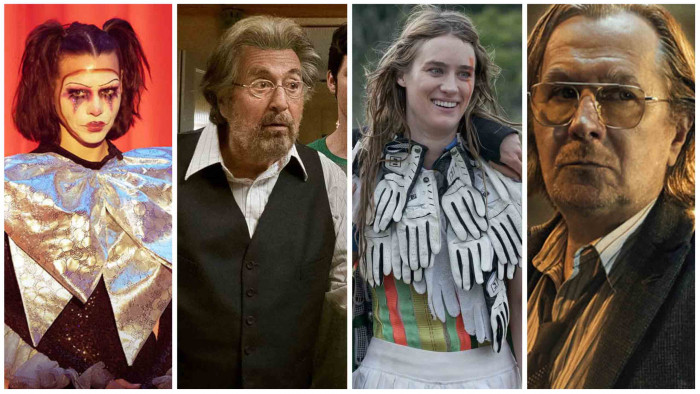Why '13 Reasons Why' fails at portraying mental health where 'BoJack Horseman' succeeds
“If a show about mental health issues isn’t appropriate for people living with them, then who is it for?”


Netflix’s 13 Reasons Why is the story of Hannah, a teenager who commits suicide, leaving behind 13 tape recordings chronicling her gradual descent into depression and eventually ending her life. With mental health awareness growing day by day, it seems like the perfect story on paper: a cautionary tale espousing the importance of support networks and engaged schooling. In practice, however, it’s far from perfect.
Watching the show for the first time is a truly unique experience. Not because of the plot or acting or artistic choices, but because on first clicking that big Netflix-branded thumbnail, you’re not met by a theme song. You are met with a warning.
The short film, starring various members of cast and crew and created in the wake of a media backlash against the show, is comprised of a series of #mentalhealthawarenessweek-esque pearls of wisdom, such as “we hope our show can help viewers start a conversation”, “the minute you start talking about it, it gets easier” and, finally, “if you are struggling with these issues yourself, this series may not be right for you.”
Which begs the question: if a show about mental health issues isn’t appropriate for people living with them, then who is it for?
“I feel that 13 Reasons Why was made for those who want to try and understand mental health issues, but do not,” says Josh, an 18-year-old who has struggled with depression in the past.
“The show does not do a very good job at explaining why people go through depression. I have experienced suicidal thoughts – and they are by no means a fun experience, which was very accurately represented within the show – but the fact that they only focused on an existential crisis, rather than a chemical imbalance, perpetuates the myth that only popularity can bring happiness.”
In TV and film, unpopularity is often used as a shorthand trigger for depression. Who could forget Marissa’s rapid suicidal decline in season one of The OC, after her parents got a divorce and her boyfriend cheated on her? These are situations many of us can relate to, much like Hannah’s gradual degradation in the eyes of her peers in 13 Reasons Why, but these old tropes can be dangerously limiting.
“13 Reasons Why made sure that the broken, socially awkward and ‘weird’ kids were automatically placed into their stereotypical structures within the school,” says Josh. “[I believe] people’s views of society become distorted because the show is leading people to believe that if they do not fit into a certain category in society – the mentally healthy, physically fit, sociable character – that they will not be loved and accepted.”

A still from the second series of 13 Reasons Why, which just launched on Netflix
Beyond tropes like these, however, 13 Reasons Why also graphically depicts suicide, rape, and bullying. These scenes were so graphic in nature that the Samaritans, one of the UK’s leading suicide prevention charities, released guidelines for teenage viewers and their parents, in case the show triggered “difficult memories and feelings”.
But is it possible to create a show that features suicide without triggering those who have struggled with mental health issues?
Brian Dow, Co-Chair of the National Suicide Prevention Alliance says TV can play a pivotal role in opening up conversations about suicide and mental illness, but it is vital these depictions are handled with care.
“There have been several recent depictions of mental illness on TV that do this well, for example Aidan Connor’s suicide in Coronation Street started an important conversation in a sensitive way,” he says.
“Showrunners must recognise their responsibility to the audience, particularly in programmes aimed at younger people.”

BoJack Horseman, looking less-than happy
BoJack Horseman is another Netflix show, this time about a fading actor who also happens to be an anthropomorphic horse. It creates one of the most accurate depictions of mental health issues I can recall. On the surface, the titular horse/man has everything society says we should desire: fame, fortune, popularity. But in reality his life is a sham, he is empty, broken, and clinging to whatever crutch, whether sex, drugs, alcohol or awards, to feel fulfilled, and failing.
This, to me, is what it means to live with mental health issues. Exterior factors can make a temporary difference, but unless you seek help it’s hard to escape the locked room, your mind, which affects your perception of every facet of your life.
For Josh, his idea of a show that tackles mental health issues well also lives on Netflix, showing that although 13 Reasons Why has issues, the streaming service has been revolutionary in its portrayal of mental health.
“A good example of a show that shows mental illness in a more accurate light is Jessica Jones.
“We see Jessica Jones dealing with everything from depression, to anxiety, to suicidal thoughts and PTSD, but it still has a very good implementation of comedy and light-heartened scenes to keep it easy enough to watch. There are scenes of love and joy, unlike in 13 Reasons Why, which almost assumes things are never going to be okay.
“They’ve made a world where nobody can be trusted, where there are sexual predators around every corner, and where society will just never accept some people – this is when we need to actually question whether this show is educating and informing, or twisting people’s view and trust in humanity.”

Marvel’s Jessica Jones
When I think back to the mid-00s teen shows that influenced me – Hollyoaks, The OC, Gossip Girl – it’s easy to imagine 13 Reasons Why taking the last slot on T4 and not feeling out of place. The only problem is it’s not the mid-00s, where dealing with depression and anxiety still made you a ‘freak’.
It’s 2018. It’s time for TV to grow up.
(Pics: Netflix)
